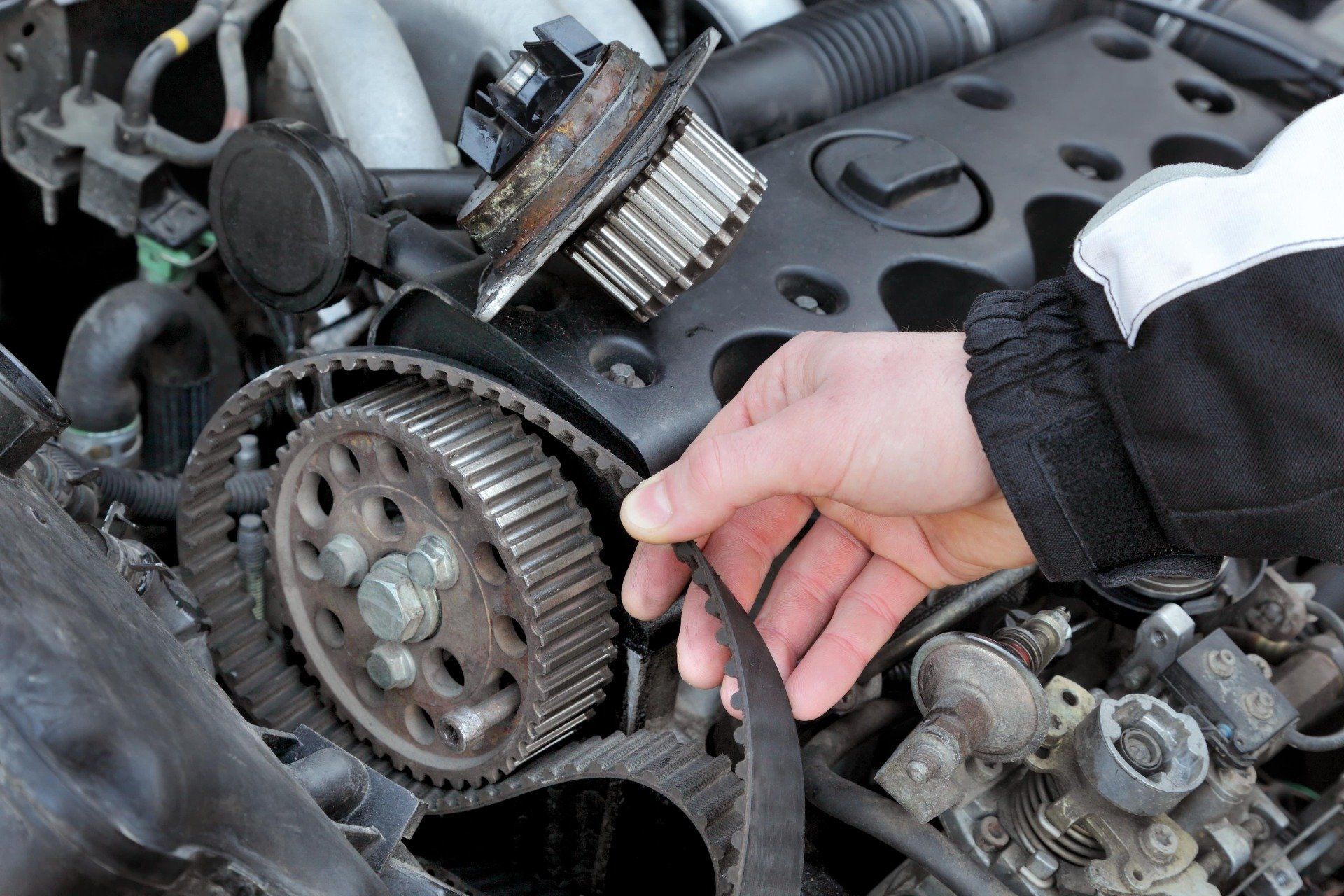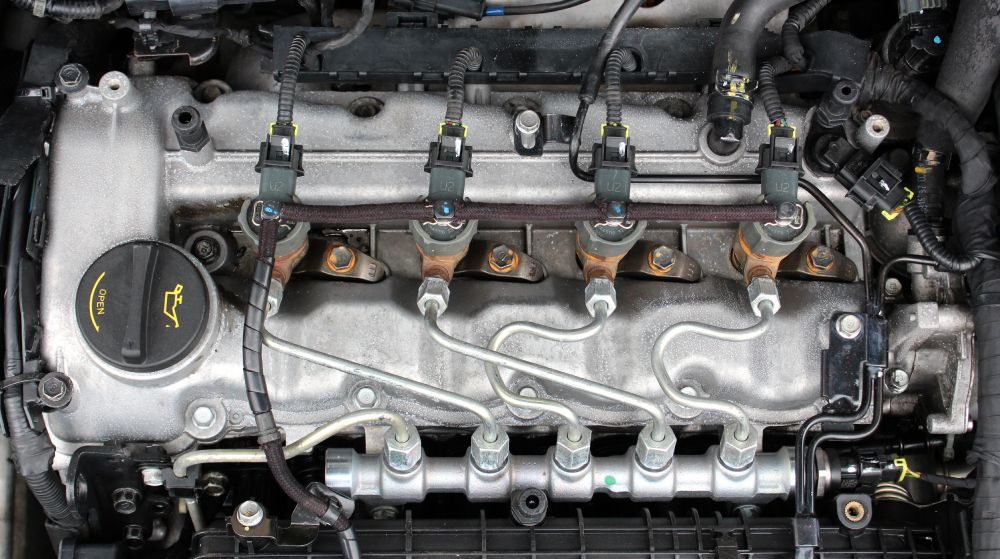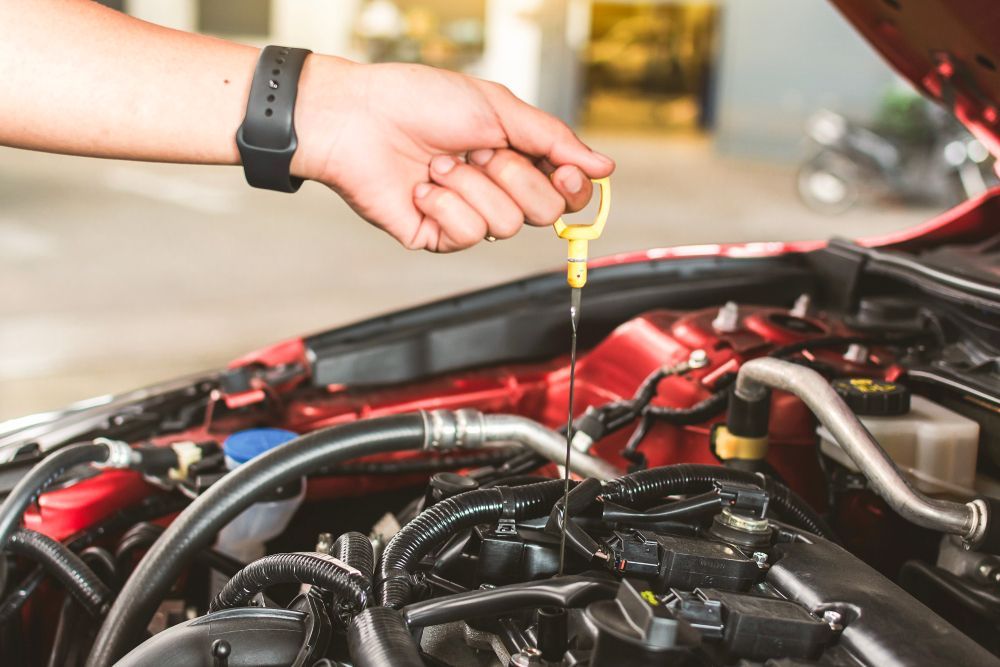What is Engine Misfiring and How Does It Affect Your Car?
Every motorist has experienced a misfire at some point. It usually shows itself in the form of stutter, shudder type feeling, slower acceleration and loss of power. An idling car might vibrate a little more than usual in a misfire. What is engine misfiring, and how does it affect your car?
How to Tell If an Engine Is Misfiring
Knowing how to spot an engine misfire early can prevent costly repairs. One of the first signs to watch for is rough idling or noticeable shaking when the car is stopped. You may also experience a loss of power during acceleration, making your vehicle feel sluggish or slow to respond. When you check your engine light, and it illuminates your dashboard, this often indicates a misfire detected by the vehicle’s onboard system.
While driving, you could notice hesitation or jerking, especially when pressing the gas pedal. Unusual engine noises, such as popping or sputtering, may also occur and should not be ignored. An engine misfire can lead to increased fuel consumption and poor fuel economy, meaning you’ll find yourself at the pump more often. In some cases, you might even fail an emissions test or see unusual exhaust smoke coming from your tailpipe.
These symptoms may point to problems in the spark plug, cylinder, fuel injector, or valve. If you're experiencing any of these issues, your engine may be misfiring and should be inspected by a professional technician immediately.
Common Causes of Engine Misfiring
Engine misfires happen when one of the cylinders does not produce sufficient spark or compression and lacks fuel. This could stem from several issues, including a worn-out spark plug, a damaged ignition coil, or a faulty fuel injector. In some cases, clogged fuel filters or contaminated fuel can disrupt the flow of fuel. Sensor failures, such as malfunctioning oxygen or mass airflow sensors, can also throw off the air-fuel mixture, leading to incomplete combustion. Additionally, internal engine issues like worn piston rings or leaking valves can result in poor compression, another common trigger for misfires. Problems in the intake manifold or catalytic converter may also be involved. Because the engine control system is responsible for balancing these components, any failure in that system can contribute to recurring misfires. Diagnosing the root cause requires the use of advanced tools and expertise
The Effects Of a Car Misfire
The most common and direct effect of a misfire is that your car’s fuel economy will suffer. A misfire could also jeopardize your safety on the road - easily leading to an accident when your vehicle does not have the power to overtake or avoid a traffic hazard. Aside from these more immediate threats, misfiring cylinders can also lead to significant engine damage. Misfires don’t simply go away - they need to be addressed immediately. Even if they don’t get worse, they certainly won’t get any better unless you take the car to a mechanic.
The longer you ignore the problem and drive the vehicle in spite of the misfire, the more likely it is that your engine will suffer serious damage. A misfire on its own does not usually signal a serious mechanical problem. Very often, it is just a spark plug, ignition coil or a fuel injector that needs to be replaced. However, if you ignore the problem, more cylinders could start to malfunction, possibly to the point that the engine stops working entirely. Rather than getting into that predicament, it is best to take your car to a mechanic and have the problem resolved as soon as possible.
If left unaddressed, engine misfires can lead to more serious problems. The unburned fuel entering the exhaust system can damage the catalytic converter, while prolonged misfiring can cause internal engine components to wear prematurely. The strain on the engine from repeated misfires may also lead to overheating, further increasing the risk of failure. At the same time, the initial problem may be minor, like a worn spark plug or dirty fuel injector. Ignoring it can allow multiple cylinders to misfire, potentially leading to full engine failure.
Can Misfiring Damage an Engine?
Yes, misfiring can damage an engine, especially if the issue goes unresolved. Frequent misfires generate excess heat and pressure in the combustion chamber, which can lead to serious damage over time. If left untreated, the catalytic converter may become clogged or fail due to unburned fuel. Misfiring can also warp engine components, damage valves, and lead to piston or cylinder wear. In extreme cases, the engine may seize or stop working altogether.
What begins as a minor issue, like a bad spark plug or sensor fault, can quickly escalate into major mechanical problems. The longer you drive with a misfiring engine, the more extensive and expensive the damage becomes. That's why it's so important to act quickly and have the issue professionally diagnosed and repaired at a trusted repair shop.
Preventing Engine Misfires
While not all engine misfires are preventable, many can be avoided with routine maintenance and early intervention. Keeping up with scheduled replacements such as spark plugs, fuel filters, and air filters helps ensure the engine components are in top condition. Using high-quality fuel also reduces the buildup of carbon deposits, which can interfere with combustion. Regular inspections of the ignition system, sensors, and fuel delivery components can detect early signs of wear before they become critical issues.
Equally important is responding promptly to any check engine light or noticeable changes in how your vehicle runs. An experienced technician can perform engine diagnostics to identify the exact cause of a misfire, whether it’s due to incomplete combustion, faulty components, or imbalances in the air-fuel mixture. Preventing misfires isn't just about saving money, it’s also about protecting the long-term health of your vehicle
Need Engine Misfire Diagnostics at a Repair Shop in Marietta, GA?
Our ASE-certified technicians use advanced diagnostic equipment to accurately identify the source of the problem and recommend the most cost-effective solution. Whether it’s a faulty ignition coil, sensor issue, or compression problem, we’ll get your engine back to peak performance.
Our clean and welcoming repair shop offers transparent pricing, honest assessments, and a customer-first approach that sets us apart. Don’t wait until a misfire causes further damage; schedule an appointment today and let us keep your engine running strong. If you’re wondering what is engine misfiring, it’s when one or more cylinders fail to fire properly, affecting performance and efficiency.
If you experience an engine misfire, visit a professional engine repair shop as soon as possible. If you are a resident of Marietta, GA, come to Professional Automotive Repair Marietta on Lower Roswell Road and let us get your car running smoothly again.





